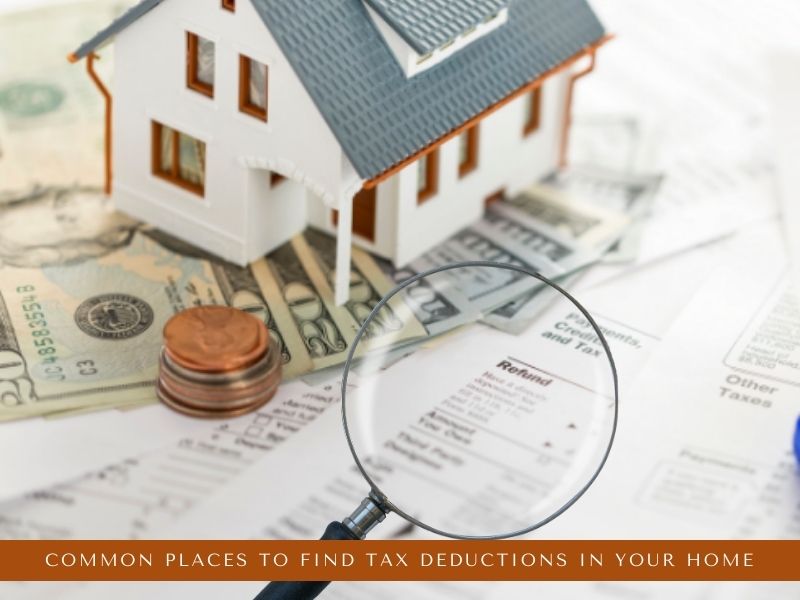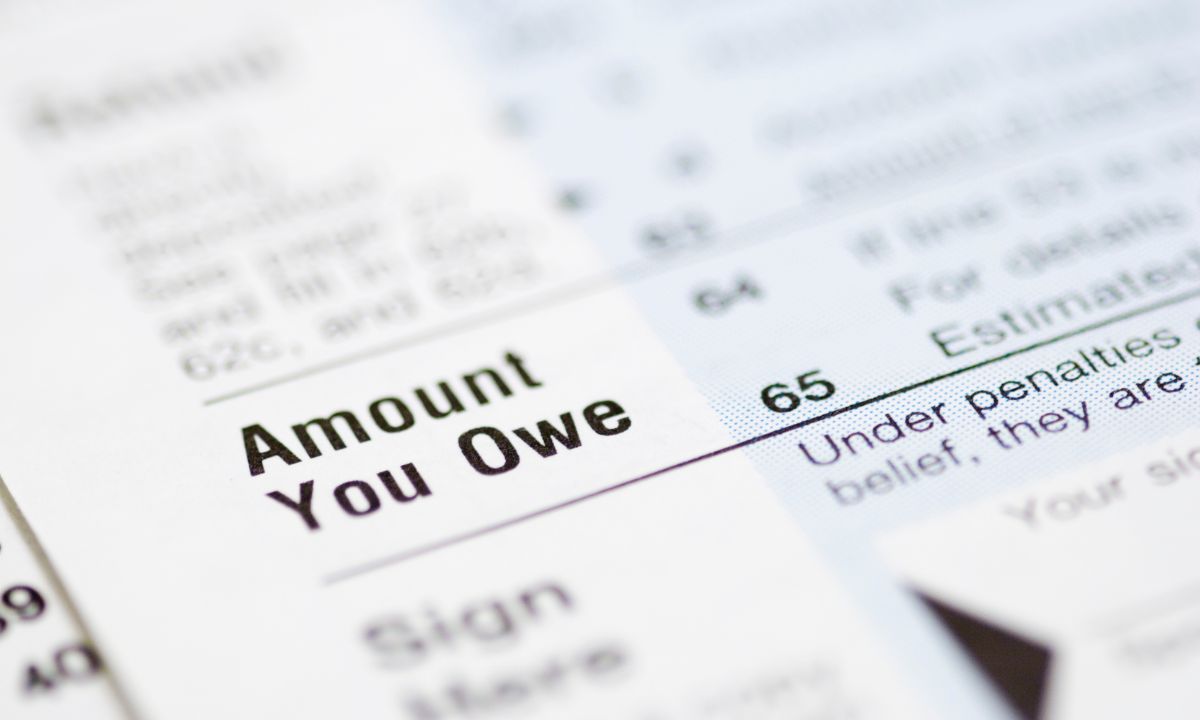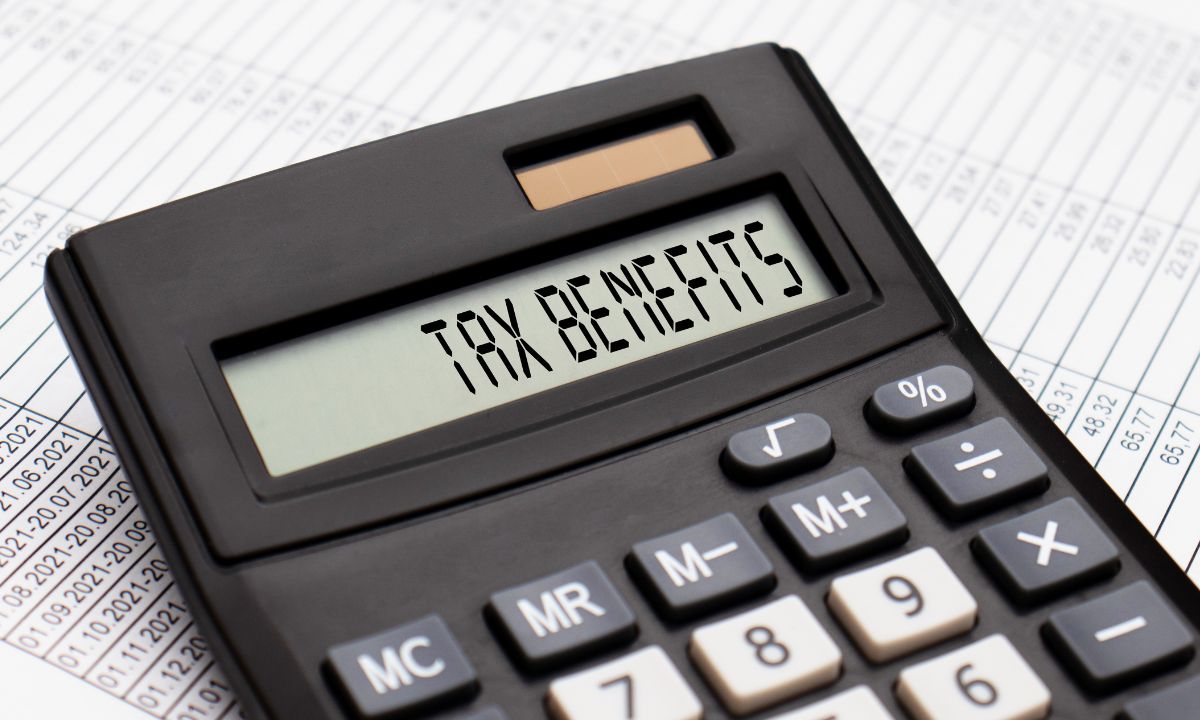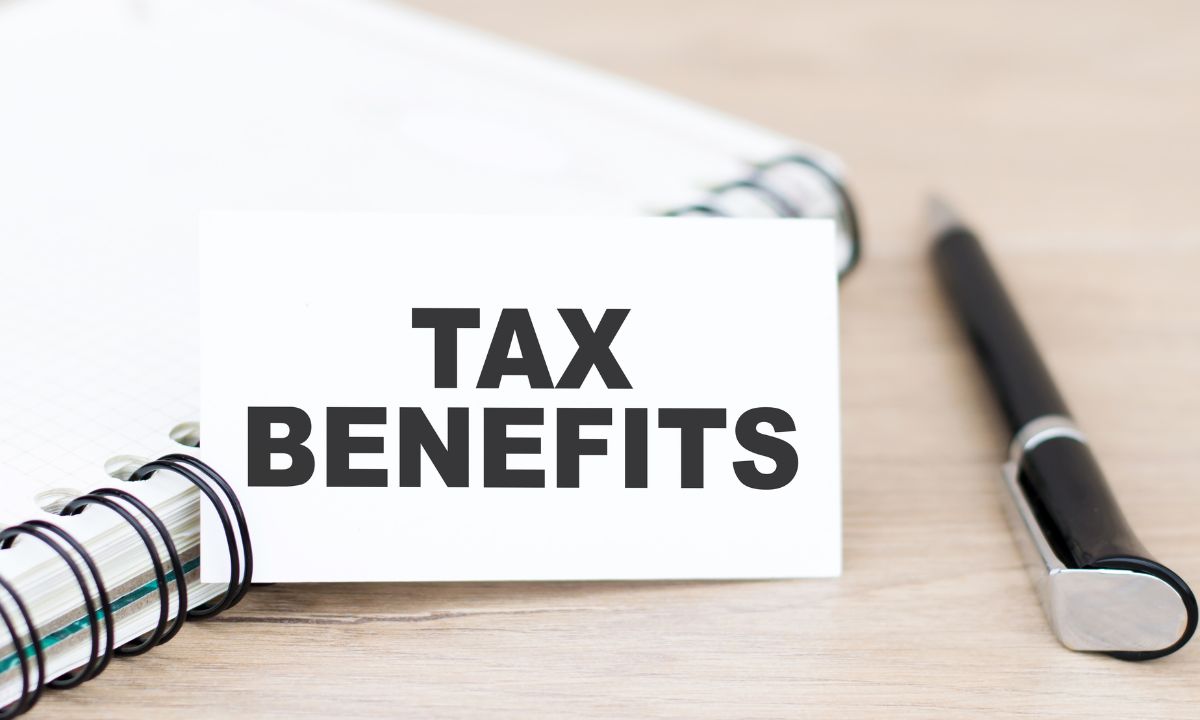 Paying your income taxes each year leaves your wallet a bit thin? There may be money hiding in your home that lessens your tax burden. Here are four places to look:
Paying your income taxes each year leaves your wallet a bit thin? There may be money hiding in your home that lessens your tax burden. Here are four places to look:
1. Home-Office Deduction
If you work from home, you could qualify for a home-office deduction. Taking the deduction can be a bit complicated; so many people who qualify don’t claim the exemption. An estimated 26 million Americans have home offices, but only 3.4 million claim them on their tax return. Perhaps that’s why the Internal Revenue Service attempted to simplify the process in 2013. The write-off takes into account depreciation, utilities, insurance, the amount of square footage dedicated for office space, whether you host clients at your house and other factors. Because the parameters involved in filing a home-office exemption are rather complicated, it’s best to keep all business-related receipts, records of client meetings and other pertinent information to make things easier when you prepare your return.
2. Casualty Loss
Damage to your home from an act of God or a theft or burglary may qualify you for an income tax exemption. To qualify for the write-off, the causality loss must meet the “sudden event test.” That means it must be sudden, unpredictable, have involved some natural force and occur in a single instance. To claim thefts and burglaries, you must be able to prove that a wrongdoing has actually occurred. It can’t just be a case of a lost item that you suspect was stolen. Proof can come in the form of witness statements, police reports or newspaper accounts.
3. Energy Efficiency Upgrades And Repairs
Upgrading your home with energy efficient improvements can qualify you for a tax deduction. New roofs, insulation, windows, doors, and a number of additional items qualify for the deduction. The deductions let homeowners claim 10 percent of the total bill for energy efficient materials. The maximum credit is $500.
4. Real Estate Taxes And Newly Purchased Homes
New homeowners should look at their settlement statement a bit closer. If the previous owner prepaid property taxes that cover any of the time you owned the home, you can include the prepaid taxes in your property tax deduction. Don’t pay more than you have to when you file your taxes each April. Consider these commonly overlooked deductions that can lessen the amount you have to pay.
 If you’re considering buying a home while dealing with unpaid taxes, you might be wondering how your tax debt affects your mortgage approval. The good news is, it is possible to buy a home even if you owe taxes. Here’s what you need to know about how owing taxes can impact your homebuying process.
If you’re considering buying a home while dealing with unpaid taxes, you might be wondering how your tax debt affects your mortgage approval. The good news is, it is possible to buy a home even if you owe taxes. Here’s what you need to know about how owing taxes can impact your homebuying process. Owning a home isn’t just a significant milestone—it can also bring a variety of financial perks, especially when it comes to taxes. Many homeowners are eligible for tax deductions and credits that can make a big difference when filing their taxes. These benefits can help reduce your taxable income, saving you money. Here’s a breakdown of the tax advantages that come with homeownership.
Owning a home isn’t just a significant milestone—it can also bring a variety of financial perks, especially when it comes to taxes. Many homeowners are eligible for tax deductions and credits that can make a big difference when filing their taxes. These benefits can help reduce your taxable income, saving you money. Here’s a breakdown of the tax advantages that come with homeownership. Taxes & Homeownership
Taxes & Homeownership Retirement is a significant milestone in one’s life, symbolizing the culmination of years of hard work and dedication. As individuals approach this stage, meticulous planning becomes imperative to ensure a comfortable and financially secure future. Among the plethora of retirement planning options, real estate emerges as a challenging player, offering unique advantages that can enhance the overall strategy. Let’s discuss the pivotal role that real estate plays in retirement planning and why it deserves a prominent place in your financial portfolio.
Retirement is a significant milestone in one’s life, symbolizing the culmination of years of hard work and dedication. As individuals approach this stage, meticulous planning becomes imperative to ensure a comfortable and financially secure future. Among the plethora of retirement planning options, real estate emerges as a challenging player, offering unique advantages that can enhance the overall strategy. Let’s discuss the pivotal role that real estate plays in retirement planning and why it deserves a prominent place in your financial portfolio. Even though owning a home comes with some significant expenses, some of them are tax-deductible. With many people looking for ways to lower their income tax, there are a few expenses tied to the house that every homeowner should consider. This could make a significant difference in their final tax bills, and it could lead to a large tax refund.
Even though owning a home comes with some significant expenses, some of them are tax-deductible. With many people looking for ways to lower their income tax, there are a few expenses tied to the house that every homeowner should consider. This could make a significant difference in their final tax bills, and it could lead to a large tax refund.